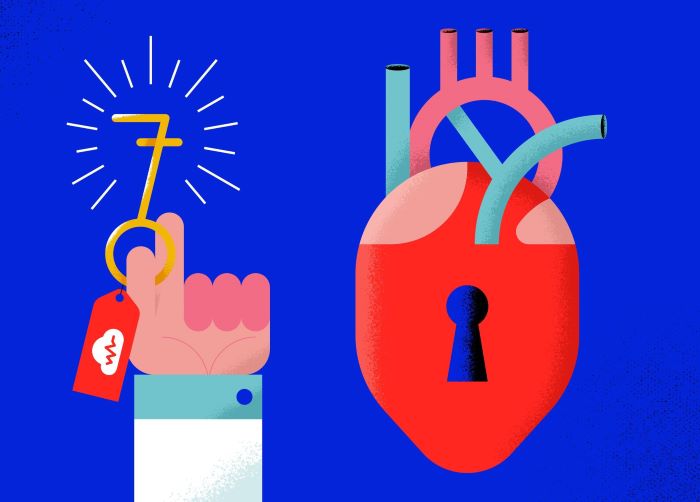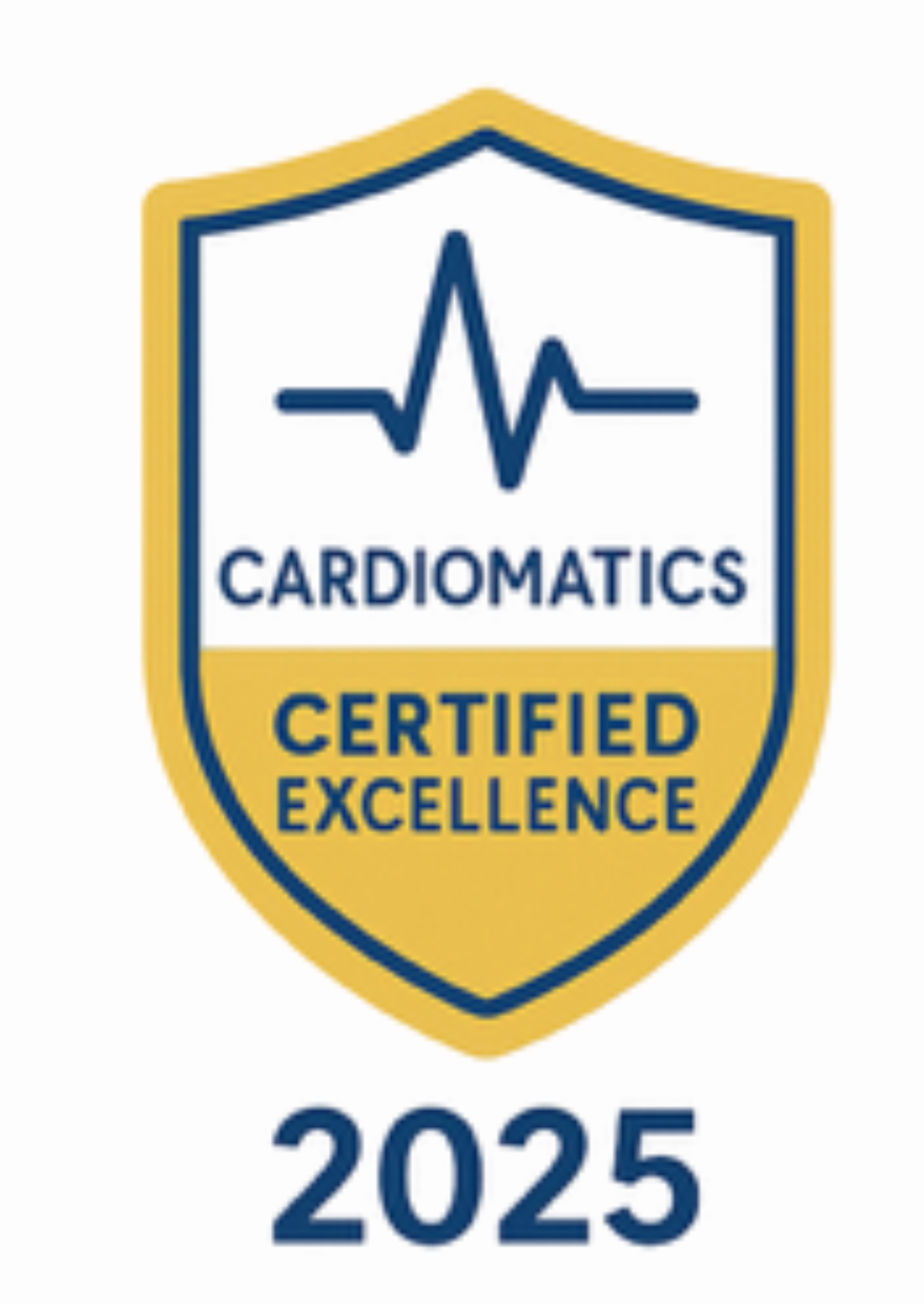Artificial intelligence (AI) can make detection of atrial fibrillation (AF) faster, easier, and less costly
Artificial intelligence reduces the routine work burden on physicians. In cardiology, the startup Cardiomatics analyzes data from Holter ECGs and provides physicians with analyses based on algorithms derived from scientific evidence.
AF is one of the contexts for this automated evaluation. Long-term ECGs provide AF information relevant for patients who have experienced a cerebrovascular event. Thanks to AI, cardiologists, referrers, as well as patients profit from lean processes and speedy AF diagnosis. We have put together 7 key aspects you may wish to take into consideration when selecting an AI-based solution.
Making diagnoses fast and reliable
- Quick first assessment of ECGs: in hospitals such as Spital Interlaken, post-stroke long-term monitoring causes staff availability issues. The Swiss hospital took a decision in favor of the ECG analysis platform by Cardiomatics; this Web-based application allows for direct uploading of the output from ECG recorders, with quality enhanced by sophisticated noise reduction and user-friendly reports delivered via the Web. This speeds up diagnosis by physician and subsequent processes.
- Highest precision based on millions of patients: cardiologists, in Interlaken and in many further hospitals, consider the results generated by this AI-powered analysis solution very good and extremely helpful for their diagnosis. Algorithms are based on over one billion heartbeats from tens of thousands multi-channel ECGs, interpreted by Cardiomatics for a multitude of customers and partner hospitals.
- Constant monitoring of patients from risk groups: the stroke risk of patients with AF is five-fold in comparison with healthy individuals. This is why Cardiomatics focuses on optimizing AF detection – which provides a host of options for further applications.
- Early diagnosis of AF and other diseases: in studies, the software by Cardiomatics has shown to help avoid human error in the detection of abnormalities. To accelerate diagnosis supported by AI means treatment can start early, which helps avoid systemic embolic events with relevant consequences regarding patient health and costs to the community.
- More time for cardiologists: leaner processes thanks to AI-based analysis software allows physicians extra time to re-focus on patients, prevention, and treatment. Physicians embrace this benefit; in the Interlaken team as well as other hospitals, no-one would want to do without this convenient solution today.
- Data-based big picture of the patient: analyses from the Cardiomatics software provide a key piece in the puzzle physicians need to put together in searching for the cause of a, e.g., cardiovascular disease in an individual patient. This allows physicians to create a holistic view of that patient and to define suitable measures for therapy and prevention, for best possible outcomes.
- More data provides insight beyond the individual patient: information harvested from big data such as millions of ECGs helps to advance know-how in the medical community. While Cardiomatics, as an example, will use this trove of information to make its software even more precise and faster, researchers can utilize the data and the analyses to probe for underlying causes also of other conditions, and for potential new therapies as well as prevention methods.
More and more hospitals rely on advanced AI-based software to optimize their processes in the context of long-term ECG evaluation. Cardiomatics invites all care providers internationally to discuss improvements to the precision and efficiency of their processes and welcomes collaboration proposals for promising research.


